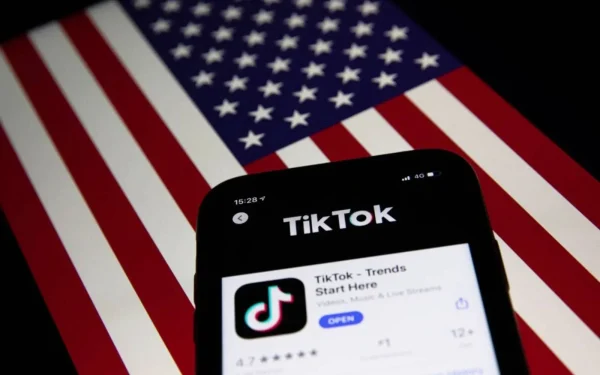Coronavirus Also Killing the US Economy
US stocks started their fast decline in late February due to the rapid spread of cases of COVID-19 in the US. The stock market declined from 29,551.42 on February 12, 2020 to 18,591.93 on March 23, 2020. That day marked the Dow’s worst grossing day in history.
“The 33% decrease affected my stock portfolio greatly,” said Middle School STEM Coordinator Mr. Matthew Oster. “This equates to the future of our family and the quality of our lives.”
When asked about the economy at a White Whouse press conference on March 12, President Donald Trump said that it will “bounce back very big at the right time.” However, it’s hard to see such optimism at this time.
With the stock market crashing, it had a ripple effect on the record low unemployment rate. According to the Washington Post, a record 3.3 million Americans filed for unemployment benefits in one week. NPR reported that nearly 10 million people have filed for unemployment over the past 2 weeks.
“It is heartbreaking how the coronavirus affects unemployment,” said eighth grader JP Walsh.
This may not be the worst of it. The chief economist at the John J. Heldrich Center for Workforce Development, Bill Rodgers, predicts that the unemployment rate could skyrocket and hit 30%.
“Most of my neighbors have been forced to start working from home,” said eighth grader Nathan Andersen.
In an effort to reduce the financial stress on businesses and employees, President Trump passed a $2.2 trillion stimulus bill that was the largest bill ever passed in the House and the Senate. According to USA Today, assistance would start to phase out for individuals earning more than $75,000, and for couples with more than $150,000 in income. The plan also includes $1,200 for adults and $500 for each child in their household.
“I think the bill will have a positive effect on the economy and it will help struggling families get off their feet,” said eighth grader Jack Guagliano.
The bill also includes unemployment benefits. According to The Hill, the law sets unemployment benefits for the next 120 days at the level of state benefits plus an extra $600 a week.
“We have several neighbors and relatives that are unemployed as well as on furloughs,” said Oster.
This financial crisis will add unneeded stress and anxiety to not only these families, but to the local economies as well.
The stimulus bill also included a $350 billion relief plan for small businesses. Small businesses can apply and fill out a form to get 250% of their business’ monthly payroll, and if they spend 75% of that money on employees’ salary, then the loan is forgiven, meaning that they do not have to pay it back.
The downside of the stimulus bill is how long the money will take to get to Americans who need it. According to U.S. Treasury Secretary Steven Mnuchin, Americans can expect stimulus checks to be directly deposited into their accounts within a couple of weeks.
The stimulus bill will help businesses stay afloat and help families put food on their tables until they can join the workforce again after this worldwide pandemic.
“This check encourages people to get out and put money directly into the economy – eat at restaurants, go to movies, and so forth,” said History Department Chair Mrs. Anne Franzen.




